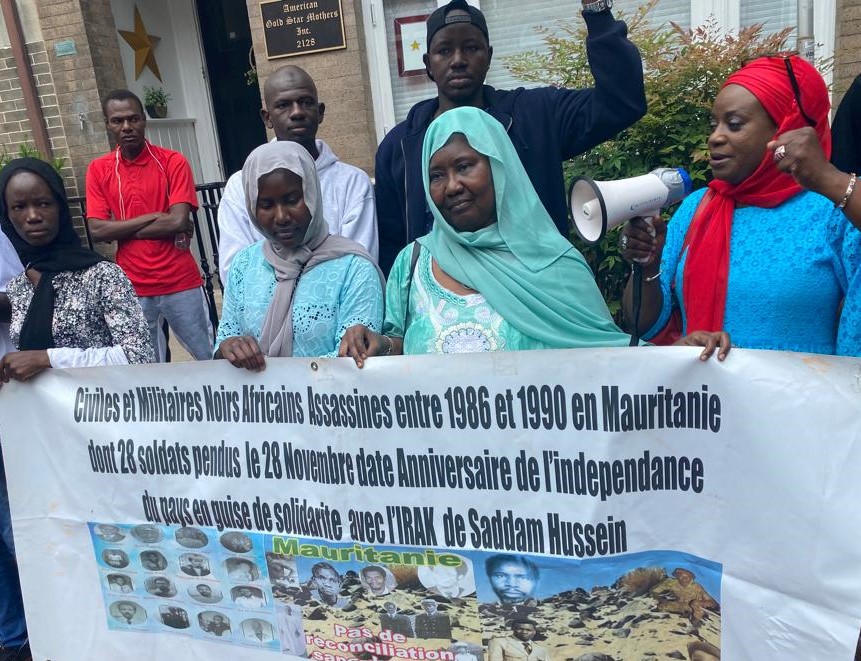Human Rights Crisis in Mauritania
Amnesty International’s Report and the Ongoing Struggle for Justice (1986-1990)
The Escalation of Human Rights Violations in Mauritania
Amnesty International’s 1989 report, Mauritania 1986-1989: Background to a Crisis, highlighted a grim reality of political imprisonment, torture, and unfair trials during this period. Despite the release of some political prisoners since its publication, the human rights situation in Mauritania has worsened considerably. Southern Mauritania has become a hotspot for extrajudicial executions, torture, and degrading treatment, predominantly targeting Black African villagers, particularly the Hal-pulaar ethnic group. This escalation underscores systemic ethnic discrimination and the unchecked impunity of government forces and Haratine militias.
Ethnic Persecution and Forced Displacement
Black Mauritanians, especially those from the Hal-pulaar, Soninke, and Wolof communities, have been systematically persecuted. Villages are subjected to brutal patrols by the army and security forces, accompanied by Haratine militias who act with impunity. The situation has led to widespread displacement, with thousands fleeing to Senegal and Mali to escape persecution. The expulsion of Black Mauritanians saw a sharp rise in early 1990, with entire villages being uprooted. This pattern of displacement reflects an orchestrated campaign of ethnic cleansing by Mauritanian authorities.
International Silence and Limited Accountability
Amnesty International has consistently brought attention to these atrocities, urging the international community to act. However, global focus has remained largely on the Senegal-Mauritania border dispute, overshadowing the human rights crisis within Mauritania. Despite repeated appeals to Mauritanian authorities and international bodies, the response has been dismissive. The Mauritanian government has accused Amnesty International of bias, alleging that it ignores the plight of Mauritanians in Senegal while exaggerating the abuses within Mauritania.
““A right delayed is a right denied.”
Martin Luther King, Jr.
Amet Government Denials and Counterclaims
In response to international criticism, Mauritanian officials have made unsubstantiated claims about the mistreatment of their citizens in Senegal, diverting attention from the internal crisis. Independent investigations by Amnesty International and organizations like the International Committee of the Red Cross have found no evidence to support these allegations. These diversionary tactics highlight the regime’s unwillingness to address credible reports of massacres, arrests, and torture, instead exploiting the Senegal conflict as a smokescreen.
Amnesty International’s Ongoing Concerns
Amnesty International continues to voice grave concerns about the situation in Mauritania, particularly extrajudicial executions, torture, illegal detentions, and enforced disappearances.

These abuses reveal a deep-seated culture of impunity and systemic discrimination. The lack of accountability remains a significant barrier to justice, as victims and their families endure untold suffering. The international community must prioritize this crisis, holding the Mauritanian government accountable for its actions to ensure the protection of human rights and dignity.veron labore voluptua.




